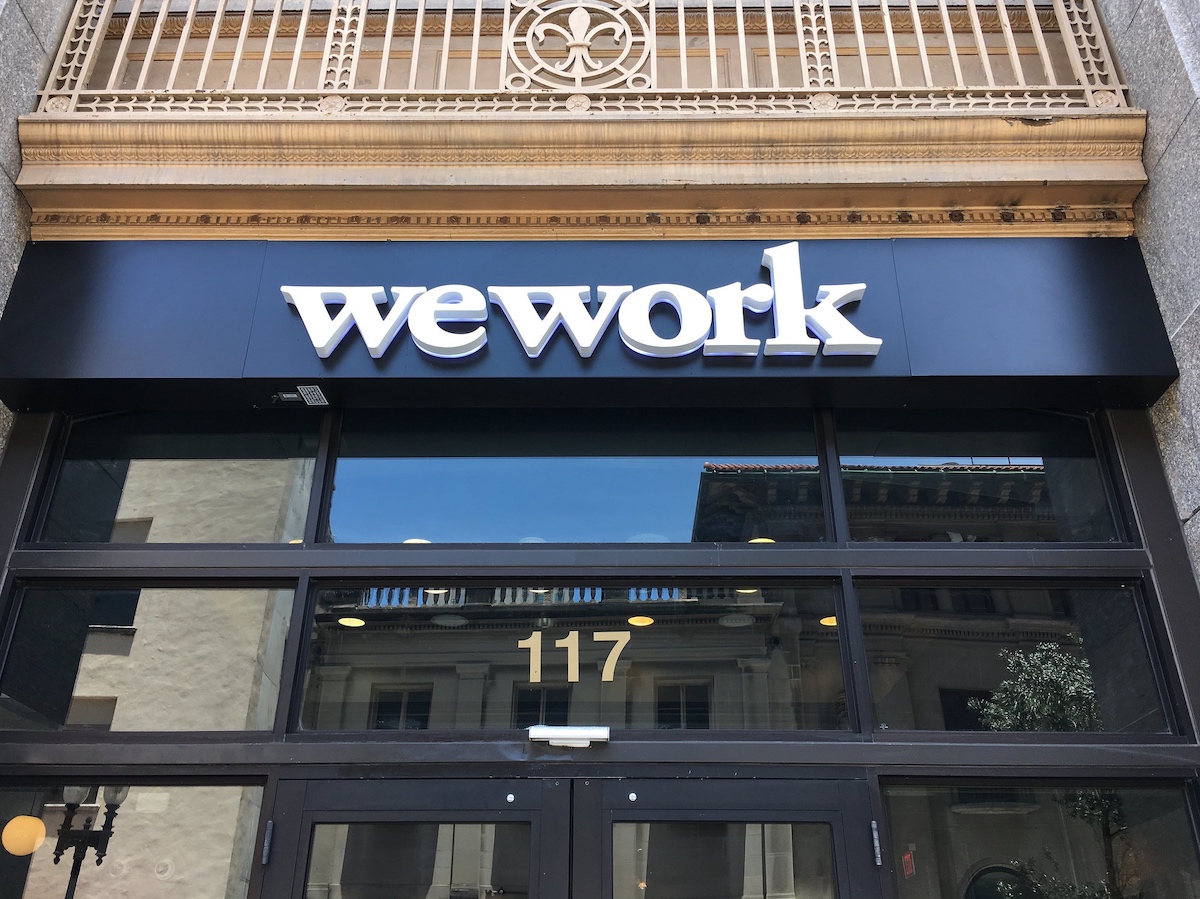The largest, flashiest of our kind went down in a glorious, public, and arguably worst initial public offering in the stock market’s history. The charismatic CEO who checked every box of the pretentious, self-starter lunatic that everyone loves to love (and loves to hate) has run off with a large check, and is living on a beach outside of Tel Aviv.
Then, shortly thereafter, the most atrocious attack on small businesses takes place: a pandemic of epic proportions, holding physical office space hostage for the better part of a year.
So where do we go from here?
Here is what I know: Long-term leases were already losing their appeal pre-pandemic. We live in a world where entire markets are disrupted in short, sporadic consumer changes. I believe turnkey solutions to office space are the wave of the future.
This is a wave that coworking has already started to ride. Independent workers and gig economy employees already amount to a significant percentage of the American workforce, and I suspect growth will continue with unemployment rising. And most businesses coming to the end of their lease will find it hard to swallow high tenant improvement costs with a long-term agreement.
I think we will see a large consolidation of coworking spaces in the next three to four years. The smaller, more niche, community-driven spaces already have a hard time finding sustainable revenue streams. Larger, more expansive coworking brands (think Industrious, Impact Hub, Knotel) are well positioned to accommodate larger tenants who are ready to downsize to hip, efficient office layouts with strong community ties.
So, here at The Mill, we think there is something to be optimistic about in the years ahead for our industry.
Before you go...
Please consider supporting Technical.ly to keep our independent journalism strong. Unlike most business-focused media outlets, we don’t have a paywall. Instead, we count on your personal and organizational support.
3 ways to support our work:- Contribute to the Journalism Fund. Charitable giving ensures our information remains free and accessible for residents to discover workforce programs and entrepreneurship pathways. This includes philanthropic grants and individual tax-deductible donations from readers like you.
- Use our Preferred Partners. Our directory of vetted providers offers high-quality recommendations for services our readers need, and each referral supports our journalism.
- Use our services. If you need entrepreneurs and tech leaders to buy your services, are seeking technologists to hire or want more professionals to know about your ecosystem, Technical.ly has the biggest and most engaged audience in the mid-Atlantic. We help companies tell their stories and answer big questions to meet and serve our community.
Join our growing Slack community
Join 5,000 tech professionals and entrepreneurs in our community Slack today!

The person charged in the UnitedHealthcare CEO shooting had a ton of tech connections

Delaware students take a field trip to China using their tablets and ChatGPT

From rejection to innovation: How I built a tool to beat AI hiring algorithms at their own game


